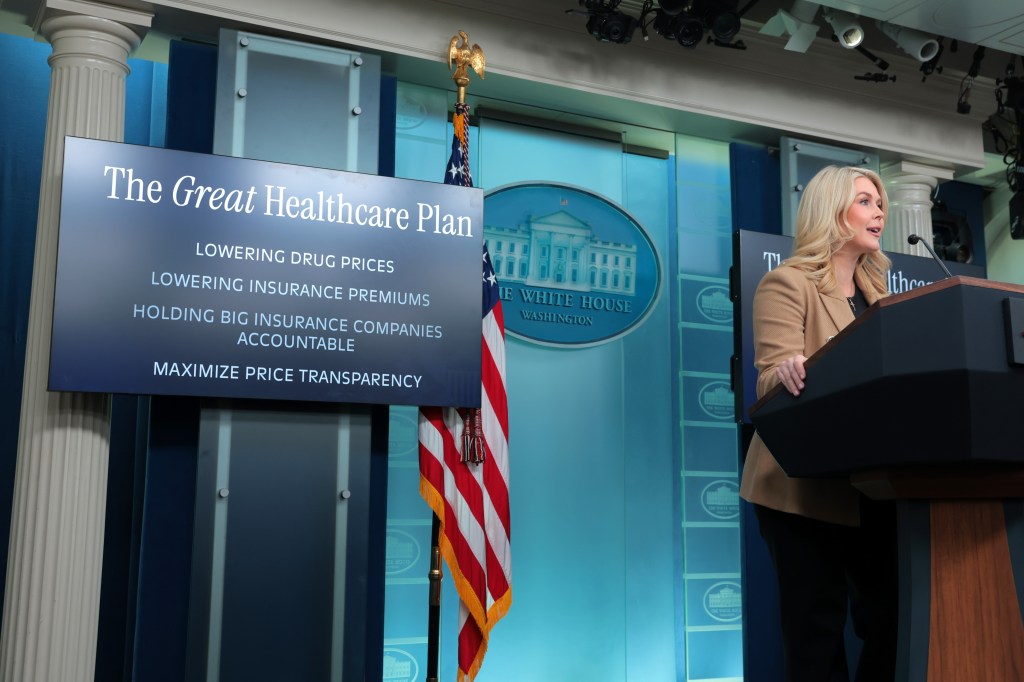The recent convictions in the US opioid crisis and the German “Dieselgate” scandal serve as stark warnings, showing the devastating consequences of corporate misconduct and the critical importance of robust compliance frameworks.
The prison sentences handed down to former McKinsey partner Martin Elling and several ex-Volkswagen directors are not merely
Register for free to keep reading
To continue reading this article and unlock full access to GRIP, register now. You’ll enjoy free access to all content until our subscription service launches in early 2026.
- Unlimited access to industry insights
- Stay on top of key rules and regulatory changes with our Rules Navigator
- Ad-free experience with no distractions
- Regular podcasts from trusted external experts
- Fresh compliance and regulatory content every day













